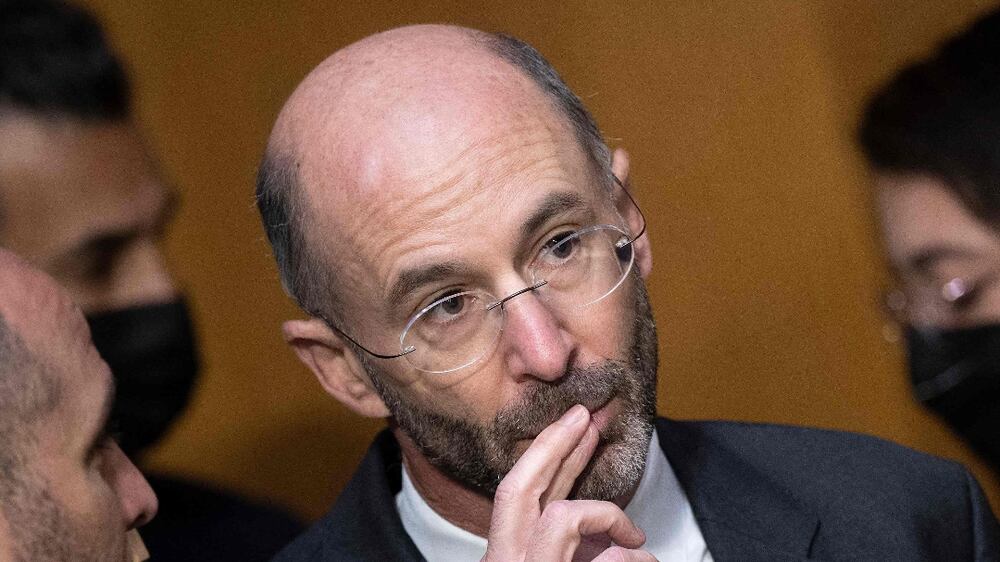A report by the UN nuclear watchdog on undeclared nuclear material found at three sites in Iran was “not fair”, the government said on Tuesday.
The report said Iran had not “credibly” answered long-standing questions on the origin of uranium particles found at the three sites.
Iran's Foreign Ministry spokesman Saeed Khatibzadeh spoke to reporters after Monday's report by the International Atomic Energy Agency.
“Unfortunately, this report does not reflect the reality of the negotiations between Iran and the IAEA,” he said. “It's not a fair and balanced report.”
Mr Khatibzadeh said Tehran expects “this path to be corrected”.
It came as talks to revive the 2015 nuclear deal between Iran and major powers remain deadlocked after stalling in March.
In it, the IAEA said it still had questions, which were “not clarified” regarding undeclared nuclear material previously found at Marivan, Varamin and Turquzabad.
It said its long-running efforts for an Iranian explanation of the presence of nuclear material had so far failed to provide answers.
Iran accused Israel of having a hand in the IAEA findings.
Mr Khatibzadeh said: “It is feared that the pressure exerted by the Zionist regime and some other actors has caused the normal path of agency reports to change from technical to political.”
Earlier, Iran's representative to the IAEA Mohammad Reza Ghaebi said the report “does not reflect Iran's extensive co-operation with the agency”.
US Iran envoy says prospects of nuclear deal with Iran are tenuous at best

“Iran considers this approach unconstructive and destructive to the current close relations and co-operation between the country and the IAEA,” he said.
“The agency should be aware of the destructive consequences of publishing such one-sided reports.”
In a separate report published on Monday, the IAEA estimated that Iran's stockpile of enriched uranium had grown to more than 18 times the limit agreed in the troubled 2015 deal between Tehran and major powers.
It “estimated that, as of May 15, 2022, Iran's total enriched stockpile was 3,809.3 kilograms”.
The limit in the 2015 deal was set at 300kg of a specific compound, the equivalent of 202.8kg of uranium.
The agreement provided Iran relief from sweeping economic sanctions in exchange for curbs on its nuclear activities designed to prevent it from developing an atomic bomb, an ambition it has always denied.
But the pact was left on life support when then-US president Donald Trump pulled out unilaterally in 2018 and reimposed sanctions on Tehran, prompting Iran to begin rolling back on its own commitments.
One of the main sticking points is Tehran's demand, rejected by Washington, that the Islamic Revolutionary Guard Corps, the ideological arm of Iran's military, be removed from the US terrorism blacklist.







